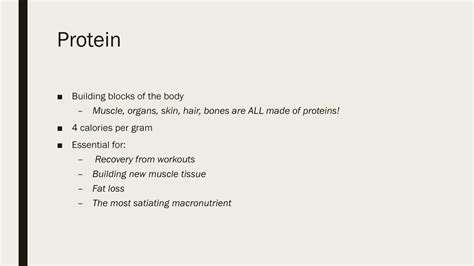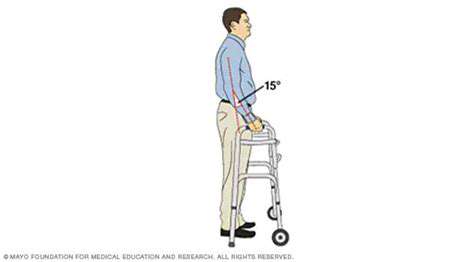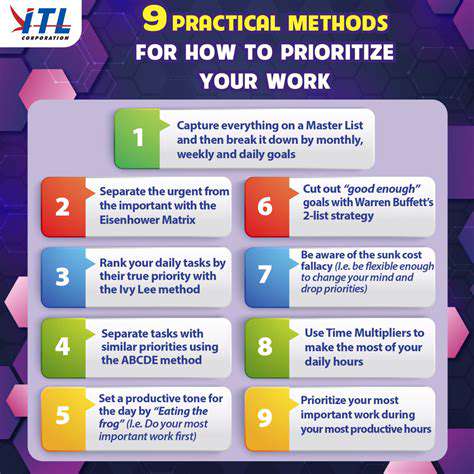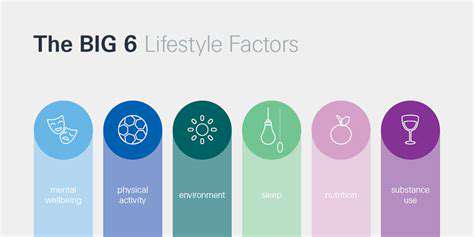Dietary Tips for Seniors with Osteoporosis
Understanding Vitamin D's Role in Calcium Absorption
Vitamin D plays a crucial role in maintaining healthy bones by facilitating the absorption of calcium from the diet. Calcium is essential for bone strength and density, and without adequate vitamin D, the body struggles to effectively utilize the calcium it consumes. This deficiency can lead to weakened bones, making seniors more susceptible to fractures, a significant concern for those with osteoporosis.
Vitamin D's impact extends beyond just calcium absorption; it also contributes to overall bone health by promoting bone remodeling and reducing inflammation. This dual action makes vitamin D a critical nutrient for seniors seeking to maintain bone density and prevent osteoporosis-related complications.
Vitamin D Deficiency in Seniors: A Common Concern
Older adults are particularly vulnerable to vitamin D deficiency due to several factors. Reduced sun exposure, decreased intestinal absorption, and certain medical conditions can all contribute to lower vitamin D levels. As a result, seniors may not be getting enough vitamin D through their diet alone, necessitating supplementation in some cases.
This deficiency often goes unnoticed, as symptoms can be subtle or confused with other health issues. Regular blood tests can help identify vitamin D deficiency and allow for appropriate interventions.
Dietary Sources of Vitamin D
While sunlight is a primary source of vitamin D, dietary intake plays a significant role. Fatty fish like salmon, tuna, and mackerel are excellent sources of vitamin D. Egg yolks and fortified dairy products (milk, yogurt, and cheese) also contribute to your daily vitamin D intake. Understanding the food sources available allows seniors to strategically incorporate them into their diets.
Vitamin D and Calcium Synergy: A Powerful Duo
Vitamin D and calcium work in tandem to maintain bone health. Adequate calcium intake is essential, but without sufficient vitamin D, the body cannot effectively utilize the calcium it consumes. This highlights the importance of a balanced diet that includes both calcium-rich foods and vitamin D-rich foods for optimal bone health.
Supplementation: When and How
In cases of vitamin D deficiency, supplementation may be necessary to reach optimal levels. Consult a healthcare professional before starting any supplementation regimen, as appropriate dosage depends on individual needs and health conditions. Supplementation should be viewed as a tool to address deficiencies, not a substitute for a balanced diet.
A doctor can assess individual needs and determine the most appropriate supplementation strategy. This individualized approach ensures that supplementation is safe and effective for each senior's specific situation.
Vitamin D and Other Bone Health Nutrients
Vitamin D isn't the only nutrient crucial for bone health. Calcium, magnesium, and vitamin K are also important components of a balanced bone health strategy. A diet rich in these nutrients, in addition to vitamin D, provides a comprehensive approach to bone health, reducing the risk of osteoporosis.
The Importance of Regular Check-ups
Regular check-ups with a healthcare professional are essential for monitoring bone health in seniors. These appointments allow for early detection of vitamin D deficiencies or other bone health issues. Through consistent monitoring, proactive measures can be taken to maintain bone density and prevent future complications related to osteoporosis.
Open communication with your doctor about any concerns regarding bone health is crucial. They can provide tailored recommendations and support to help seniors maintain optimal bone health.












